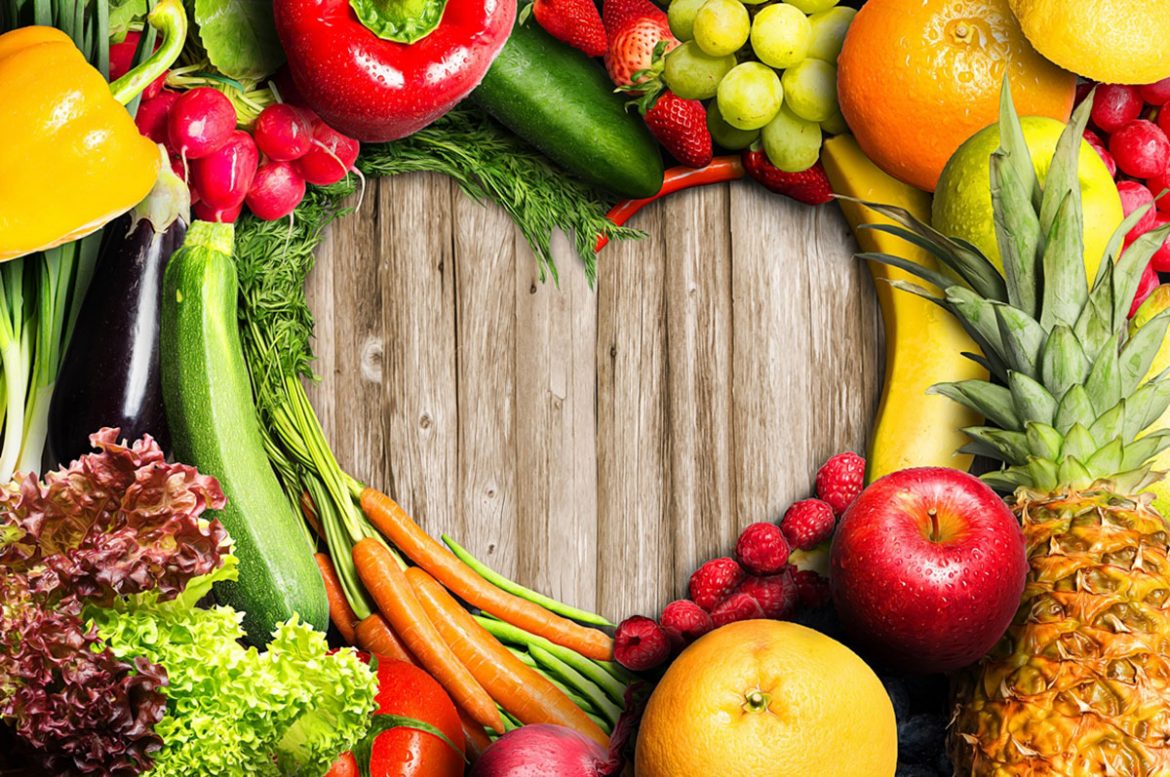Almost one in six men and one in ten women in the UK will die from coronary heart disease.
 But there are some simple ways you can keep your ticker on top form. Give up smoking. Keep the weight down. Eat a balanced diet and stay active.
But there are some simple ways you can keep your ticker on top form. Give up smoking. Keep the weight down. Eat a balanced diet and stay active.
For ideas of how to quit cigarettes, see this section on the Benenden website.
But what about a healthy diet – how easily can you adapt your eating habits to ensure you’re helping your heart?
1. Eat these foods

It is a good idea to think of food in categories. When trying to eat for a healthy heart, it’s advisable to eat…
plenty of fruit and vegetables – at least five portions a day of fresh, frozen, dried or tinned fruit and veg, and go for variety to ensure you get a range of nutrients. Fresh, unsweetened juice or pulses also count as one portion
lots of starchy foods such as bread, rice, potatoes and pasta; wholegrain varieties are healthier
some milk and dairy products
some meat, fish, eggs and other non-dairy sources of protein such as tofu or beans
only a very small amount of foods and drinks that are high in fats and/or sugar.
2. Know your fats

For a healthy heart, getting your fat facts right is vital. Aim to…
cut down on saturated fats – butter, margarine, fatty meats and poultry skin, full-fat milk, cheese, lard and so on – and foods that contain them, such as cakes, pies and processed foods such as sausages
cut down on foods containing trans fats – these can increase cholesterol in your blood and are often found in foods with hydrogenated oils or fats in them, such as takeaways, snacks and fried foods and pastries
eat small amounts of mono- and polyunsaturated fats – olive oil, avocados, rapeseed oil, almonds and unsalted cashews are good sources of these fats.
However, remember all fats and oils are high in calories, so even the unsaturated fats should only be eaten in small amounts.
3. Shake up your salt intake

Modern convenience foods are all too often high in salt. Eating too much salt can increase our risk of developing high blood pressure, which can lead to coronary heart disease or strokes.
For most people, it’s important to keep an eye on salt levels, as 75% of the salt we eat comes from everyday foods such as cereals and bread.
Avoid adding salt to dishes and look for low-salt recipes.
4. Keep an eye on alcohol

